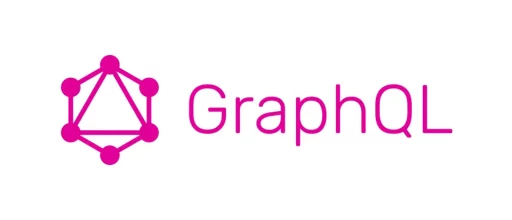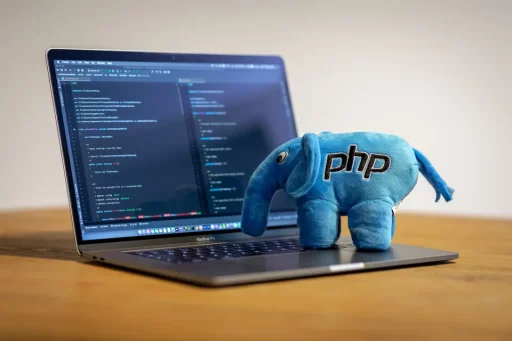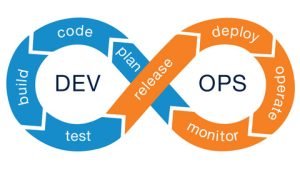PHP is a popular programming language that is often used for web development, and it has been around since 1995. One of the advantages of using PHP is that it is relatively easy to learn, and it is supported by many web hosting providers, making it accessible for both small and large scale projects. Recently, with the growth of machine learning, many developers are interested in combining the power of PHP with machine learning. Machine learning is a method of teaching computers to learn from data, without being explicitly programmed. It has many applications, such as image and speech recognition, natural language processing, and predictive analytics.
Combining PHP and Machine Learning
One way to integrate machine learning into PHP is by using pre-trained machine learning models. These models have already been trained on large amounts of data and can be imported into a PHP application to add functionality such as image or speech recognition. One popular open-source machine learning framework that can be used with PHP is TensorFlow. It can be installed via PHP’s Composer package manager and used to import pre-trained models. This allows a PHP developer to add machinscren-codes.webpe learning functionality to their application without having to build the models themselves. Another approach is to use PHP to train machine learning models. A library that provides this functionality is PHP-ML.
PHP-ML: A Machine Learning Library for PHP
PHP-ML is an open-source machine learning library for PHP, it is an easy to use and intuitive library, which provides a unified API that allows developers to use machine learning libraries and frameworks, such as scikit-learn, TensorFlow and Keras. It also provides additional functionality such as preprocessing and evaluation tools, which make it easy to preprocess and evaluate data before training machine learning models.
PHP-ML is built on top of a number of powerful libraries such as NumPy, SciPy, and scikit-learn, which provide the underlying mathematical and statistical functions required for machine learning. This means that the developer does not need to have a deep understanding of these libraries, but can still take advantage of their powerful capabilities.scren-codes.webp
One of the key advantages of using PHP-ML is that it allows developers to perform complex machine learning tasks with a simple and intuitive API. For instance, it allows developers to load data into the library, choose a machine learning algorithm, and train the model with just a few lines of code.
A simple example of how to train a model using PHP-ML can be:
Copy code$samples = [[1, 3], [1, 4], [2, 4], [3, 1], [4, 1], [4, 2]];
$labels = ['a', 'a', 'a', 'b', 'b', 'b'];
$classifier = new SVC(Kernel::LINEAR, $cost = 1000);
$classifier->train($samples, $labels);
This example uses the Support Vector Classifier algorithm from the library to train a model using a set of sample data and corresponding labels. Once the model is trained, it can be used to make predictions on new data.
Another advantage of PHP-ML is that it allows for easy integration of pre-trained models, this means that you can take advantage of models that have already been trained on large amounts of data, this can save time and resources.
Frequently Asked Questions
What is PHP-ML?
PHP-ML is an open-source machine learning library for PHP, that provides a simple and intuitive API for developers to use machine learning in PHP projects.
What machine learning libraries does PHP-ML support?
PHP-ML supports several popular machine learning libraries such as scikit-learn, TensorFlow and Keras.
Can I use pre-trained models with PHP-ML?
Yes, PHP-ML allows easy integration of pre-trained models, which can save time and resources.
How does PHP-ML compare to other machine learning libraries for PHP?
PHP-ML provides a simple, unified API that allows developers to use multiple machine learning libraries and frameworks with the same syntax and structure, which makes it more convenient and efficient to use than others.
Is PHP-ML suitable for large scale projects?
Yes, PHP-ML is built on top of powerful libraries such as NumPy, SciPy and scikit-learn, which provide the underlying mathematical and statistical functions required for machine learning, making it suitable for large scale projects.
Can I use PHP-ML for deep learning?
While PHP-ML doesn’t provide built-in support for deep learning, it does support libraries like TensorFlow, which can be used for deep learning.
How does PHP-ML handle data preprocessing?
PHP-ML provides preprocessing tools to make it easy to preprocess and evaluate data before training machine learning models. PHP-ML is an open-source machine learning library for PHP, that provides a simple and intuitive API for developers to use machine learning in PHP projects.
What machine learning libraries does PHP-ML support?
PHP-ML supports several popular machine learning libraries such as scikit-learn, TensorFlow and Keras.
Can I use pre-trained models with PHP-ML?
Yes, PHP-ML allows easy integration of pre-trained models, which can save time and resources.
How does PHP-ML compare to other machine learning libraries for PHP?
PHP-ML provides a simple, unified API that allows developers to use multiple machine learning libraries
Can I use PHP-ML for natural language processing?
Yes, PHP-ML support libraries like scikit-learn, TensorFlow and Keras which have libraries for natural language processing.
How do I evaluate my model’s performance using PHP-ML?
PHP-ML provides evaluation tools to make it easy to evaluate model’s performance after the training process.
Is PHP-ML well-documented?
Yes, PHP-ML has a comprehensive documentation that covers all aspects of the library and how to use it effectively.
In conclusion, PHP-ML is an easy to use library that provides developers with a unified API to use various machine learning libraries, this makes it easy to add advanced machine learning functionality to PHP-based applications without having to be an expert in machine learning.















